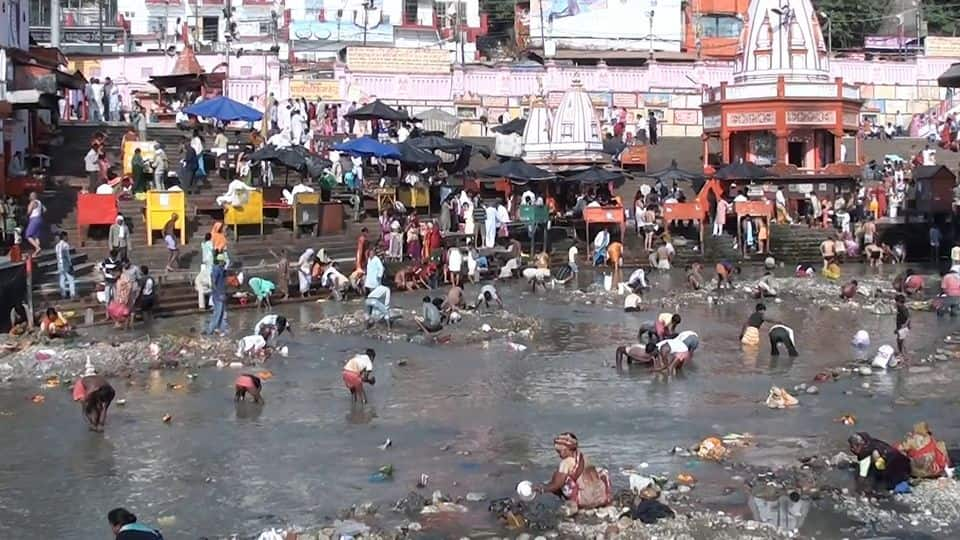
NGT bans plastic around Ganga again, imposes Rs. 5,000 fine
What's the story
The NGT has imposed a blanket ban on plastic items including bags and cutlery in towns located along the Ganga. The ban will apply from Rishikesh, Haridwar, to Uttarkashi. Violators would be fined Rs. 5,000. Incidentally, the NGT had banned the use, sale and manufacture of plastic items in the area in 2015, but had to pass directions again considering widespread flouting of norms.
Pollution
The massive damage caused to the Ganga on daily basis
Every day, the Ganga receives over 1,500mn litres of raw sewage discharged into it along with the dumping of 500mn litres of industrial waste. The major source of industrial waste are the 700 factories situated along the river. Earlier this year, the UP government had submitted to the tribunal that it is willing to shift tanneries in the region to outside Kanpur.
NGT
Earlier, the NGT had banned construction, dumping of waste
This is the latest among several directions issued by the NGT to protect the environment in the region. In July'17, it set up a committee to oversee cleaning work in the Ganga and submit periodical reports to the tribunal. It has also banned construction within 100m from the river and dumping of waste within 500m, imposing a fine of Rs. 50,000 per default.
Center
Center has launched projects worth Rs. 2,000cr, but no results
The Center launched the Namami Gange program in July'16. Under it, projects worth Rs. 2,000cr were announced. It aims at rejuvenating the Ganga by merging existing efforts and creating concrete plans for the future. Maintaining minimum ecological flows, ensuring water quality and environmentally-sustainable development is on its list. However, the NGT in February'17 observed that "not a single drop of Ganga has been cleaned."
Efficacy
Why is plastic still in use despite several bans?
Plastic has been banned in many cities/states, including Delhi, Chandigarh and areas around Ganga. However, high demand often means flouting of norms despite penalties: plastic is cheaper and more convenient to use than alternatives. Moreover, there is low awareness and lack of effort by authorities in implementing the ban. Advocate Rishi Dev Anand suggests educating children from early age about harmful effects of plastic.